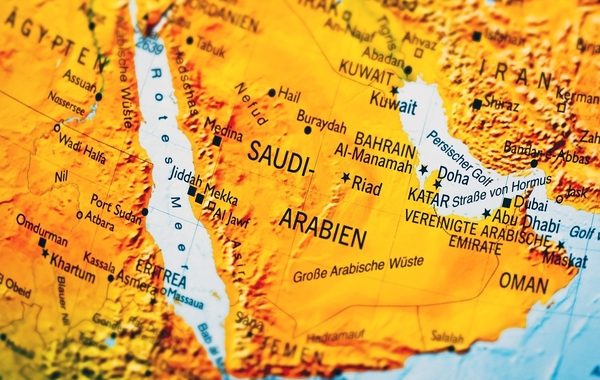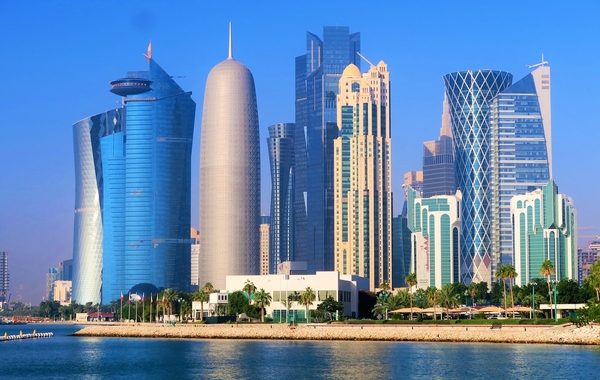The opening of the US Embassy to Israel in Jerusalem has elevated the old controversy once again. Is present-day Israel the fulfillment of Biblical prophecy?
Beginning in 1948 with the new State of Israel, many evangelicals began to develop the position that God was bringing His prophecies concerning Israel to a conclusion. This position has been expressed in association with the doctrine known as dispensational premillenialism. Apart from details of that doctrine, however, stands the idea that the events we are seeing today reflect the immediate culmination of the Biblical prophecy. Psalm 132:13 says, “For the Lord has chosen Zion; He as desired it for his dwelling place.” And Ezekiel 5:5, “Thus says the Lord God: This is Jerusalem. I have set her in the center of the nations, with countries all around her.” And Zechariah 12:5 “Then the clans of Judah shall say to themselves, ‘The inhabitants of Jerusalem have strength through the Lord of hosts, their God.'”
Other passages detract from the view that we are seeing the endgame of prophecy in present-day Jerusalem. Romans 2:28 says, “For no one is a Jew who is merely one outwardly, nor is circumcision outward and physical.” And Galatians 3:8 “And the Scripture, foreseeing that God would justify the Gentiles by faith, preached the gospel beforehand to Abraham saying, ‘In you shall all the nations be blessed.'”
The State of Israel today is similar to its surrounding nations. Israel operates for its self-interest, not in a role to bless its neighbors. (I am not intending this as a critical comment. All current nations seek their self-interest.) The Israel of today is a secular state, not a theocracy. The government is not guided by Biblical principles. As such, how can current Israel be the representative of end time prophecy?
My conclusion is that we are not seeing the fulfillment of Biblical prophecy in the State of Israel today.
But God keeps His own counsel. All Scripture is God-breathed, and all will indeed be brought to completion. The Lord always surprises. He knows the end from the beginning. Even with all the Old Testament prophecies, the world was shocked by the coming of Jesus. I doubt we’re clever enough today to predict what He will do next.




